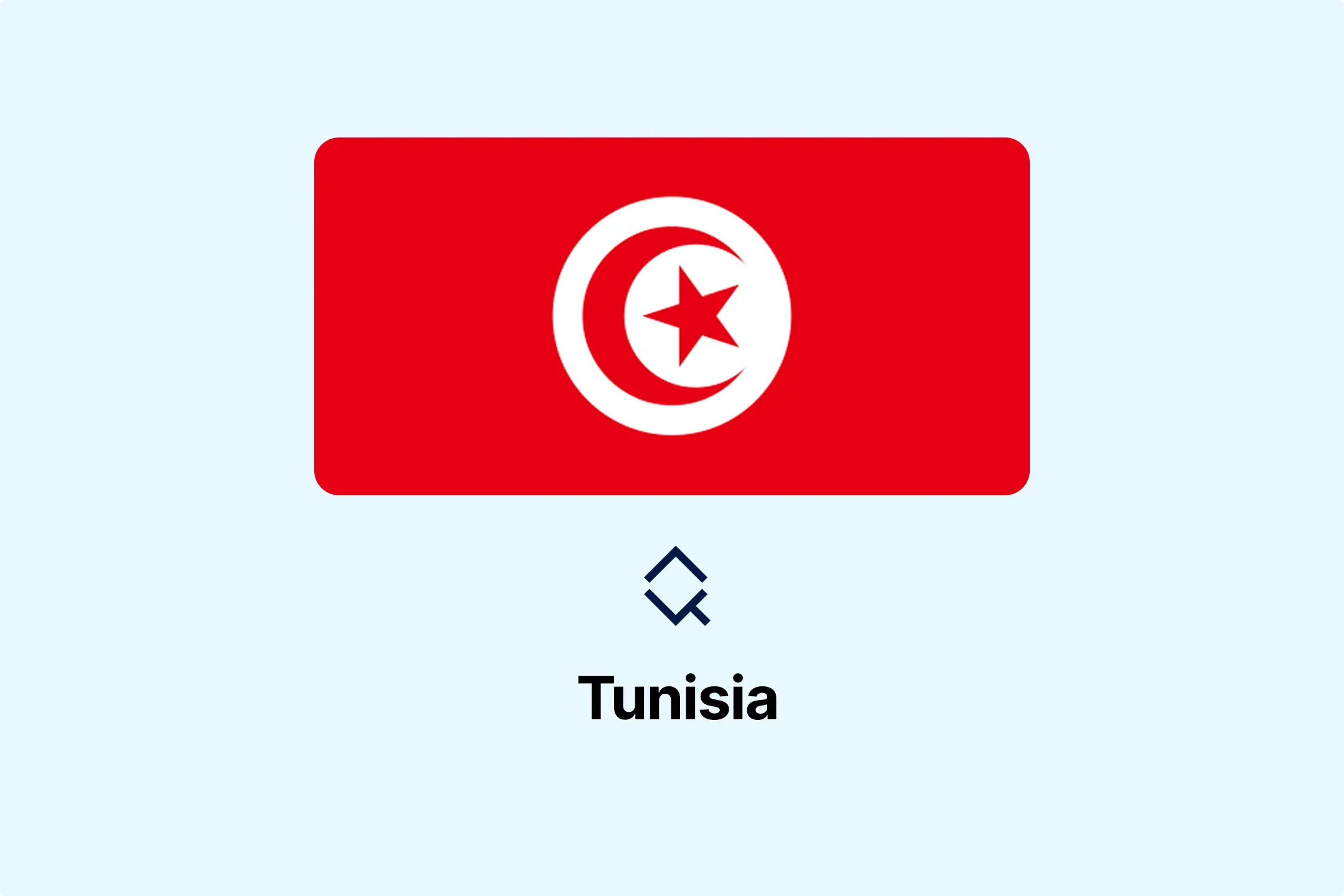Tunisia’s 2026 Finance Law Expands E-Invoicing Rules

The Tunisian Parliament published the draft of the 2026 Finance Law on October 14, 2025, proposing to broaden the existing e-invoicing requirement, currently limited to large taxable persons engaged in B2G transactions and to specific B2B transactions in the pharmaceutical and fuel sectors. If adopted, new rules and requirements for e-invoicing will take effect on January 1, 2026.
The Impact of 2026 Finance Law Proposals
The proposed broadening of the e-invoicing follows the previously published administrative note issued earlier this year, which introduced penalties for non-compliance. If adopted, all service transactions will be subject to mandatory e-invoicing as part of Tunisia's efforts to fully digitize tax compliance. This is a significant shift and reform of the current system, which primarily focuses on goods-related transactions.
Under the previously published administrative note, financial penalties of TND 100 to 500 (around USD 34 to USD 170) per invoice are imposed for issuing paper invoices when e-invoicing is required, TND 250 (around USD 85) to 10,000 (around USD 3,380) for submitting e-invoices missing mandatory fields, and a 20% value-based fine, with a minimum of 500 TND, for transporting goods without a corresponding e-invoice.
Additionally, criminal penalties apply for serious violations, such as issuing fraudulent invoices or recording fictitious transactions, with imprisonment ranging from 16 days to three years and fines of TND 1,000 (around USD 340) to 50,000 (around USD 16,900).
Notably, if approved, the 2026 Finance Law will be accompanied by additional regulations and technical guidance from the Tax Administration, clarifying the practical implementation of the expanded e-invoicing requirements and the technical procedures businesses must follow to comply.
Conclusion
The proposed changes to Article 56 Value Added Tax (VAT) Law further transform the country’s e-invoicing framework and mark a decisive step in Tunisia’s broader fiscal modernization and digital transformation agenda. By broadening the mandate to include all service-related transactions, the Tunisian government aims to create a more traceable and efficient tax environment that reduces fraud, enhances compliance, and strengthens revenue administration.
Nevertheless, all taxable persons potentially affected by these new rules should wait until the proposal is approved and adopted by the Parliament before making any updates to their systems and procedures.
Source: Tunisia Assembly of the Representatives of the People, Administrative Note 10/2025, KPMG

More News from Tunisia
Get real-time updates and developments from around the world, keeping you informed and prepared.
-e9lcpxl5nq.webp)





